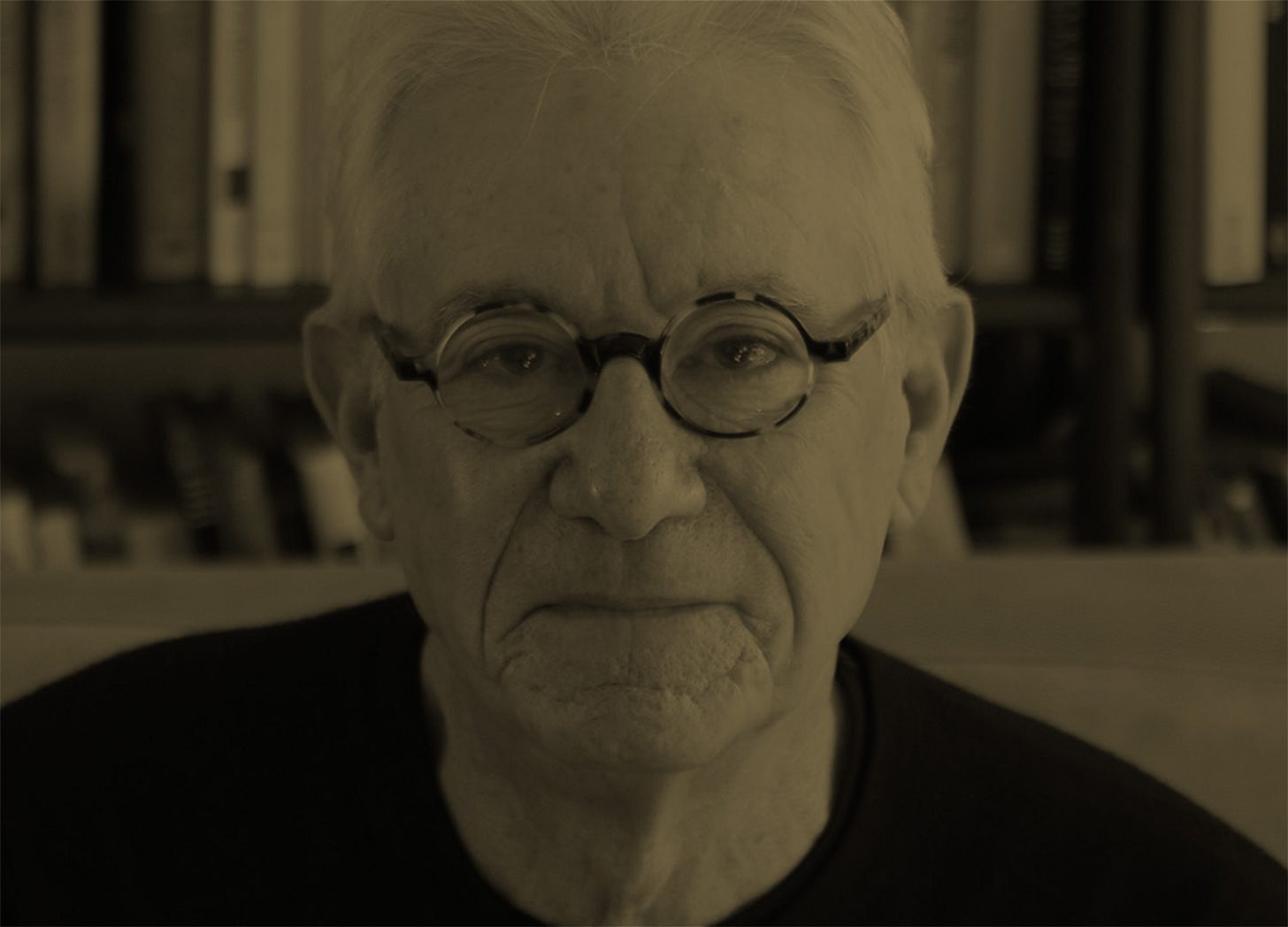The 'Days Between Stations' columns, Interview magazine 1992-2008: Pop Music Saves the World Again. Not.
December 1992
Take a day when the Lemonheads’ unhurried “It’s a Shame About Ray” sounds as soulful as Al Green’s “Look What You Done for Me”—or the Ramones’ pained “Poison Heart” seems up to the horror of the Yugoslavian civil war—and you’ve got a day that’s out of joint. The claims of the world are too big and pop music is in a stall. Most of what you’re really hearing with the Lemonheads or the Ramones or Tori Amos or Shinehead, or whoever it might be that touches you, is relief—and everything else is irritating, clichés locking into one another until you know the radio’s not giving up anything you want to hear.
Stuff that otherwise might just be room spray turns venal. You can begin to hear Axl Rose’s arching whine as the sound of the times, infecting Anthony Kiedis’s crooning ballads until you can’t tell the Red Hot Chili Peppers from Journey—until you suddenly realize the Red Hot Chili Peppers are Journey. Then “Under the Bridge” fades and Rose is back with “November Rain,” making insincerity a transcendental value, the value against which all others must be measured. If you’re very lucky, you might then hear “Natural High” (uh-huh, sure) by Vanessa Paradis, recently four-paged in Vanity Fair as the “French Madonna.” Hey, why stop there, why not the French Bob Dylan? Vanessa Paradis—I checked the CD to see if there was a credit for whoever made up her name. Move on to the singing, and you can write the whole thing off as a hoax. But next to Paradis, anything halfway decent sounds infinitely better than it is. Sinead O’Connor puts a lot into the standards and neostandards on her am I not your girl? (“Gloomy Sunday,” “Don’t Cry for Me Argentina,” “Love Letters”), but it’s not clear she’s put anything of herself into them. These may be “the songs [she] grew up listening to,” but now she’s somebody else, and, with luck, she’s somewhere else. She sings brilliantly on “Bewitched, Bothered and Bewildered”—powerfully enough to make the line “I’ll worship the trousers that cling to him” turn your stomach. No, you might want to yell back, you’re not “our girl,” that was Paula Abdul! Well, she’s sure as hell herself on the cover of the disc, with her six-inch heels: on O’Connor they still look like Doc Martens.
What else? Maybe Mike Oldfield’s Tubular Bells II, a follow-up nineteen years after the fact to the album that may be remembered less for inventing New Age music than for getting Richard Branson on his way to a seat in the House of Lords; look, this is history, you don’t have to listen to it. It’d be tempting to say the same about Neil Young’s Harvest Moon, billed as the follow-up to Harvest, his only number one album, making this disc a full twenty-years-after-the-fact follow-up—tempting, but no one’s faked out Neil Young since he fell for Ronald Reagan in 1984. And Young has a trick. At forty-seven, he can sing with the same innocence, the exact same wounded timbre that he was using at twenty-two. Even Joey Ramone’s voice is thick and beaten on “Poison Heart” (it makes the song), but Neil Young does not age, and that’s what makes Harvest Moon as weird as anything else he’s done. Rather than offering the catchy blandness of the original Harvest, Harvest Moon is as off-key as Tonight’s the Night—save for the title tune, which is so craven it’s hilarious—and also a lot less compelling. What it mainly offers is vagueness, an ethereal drift that can put you to sleep or give you bad dreams; on “Natural Beauty,” the closing cut, Nell Young sounds as much like Julee Cruise as she’s ever sounded like him.
Yep, a stall. Maybe it’s the music of the moment, and maybe it’s a memory of an old Bob Dylan line: And here I sit so patiently/Waiting to find out what price/You have to pay to get out of/Going through all these things twice. George Bush, twice. I’m writing this on October 3, one month before the elections. Greetings to us all in the future.
Originally published in Interview Magazine, December 1992.



It was great in ‘92, and still feels as angry and frustrated today. This the sign of really good criticism. Thanks Greil.